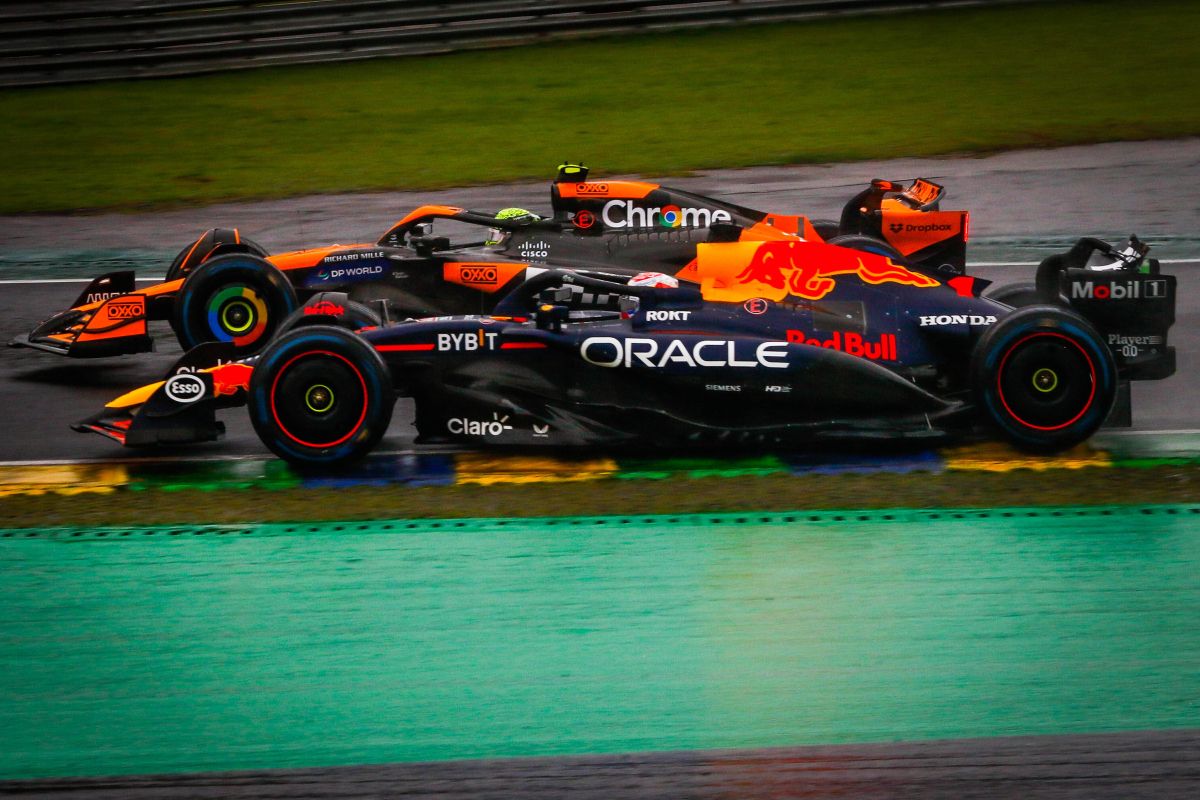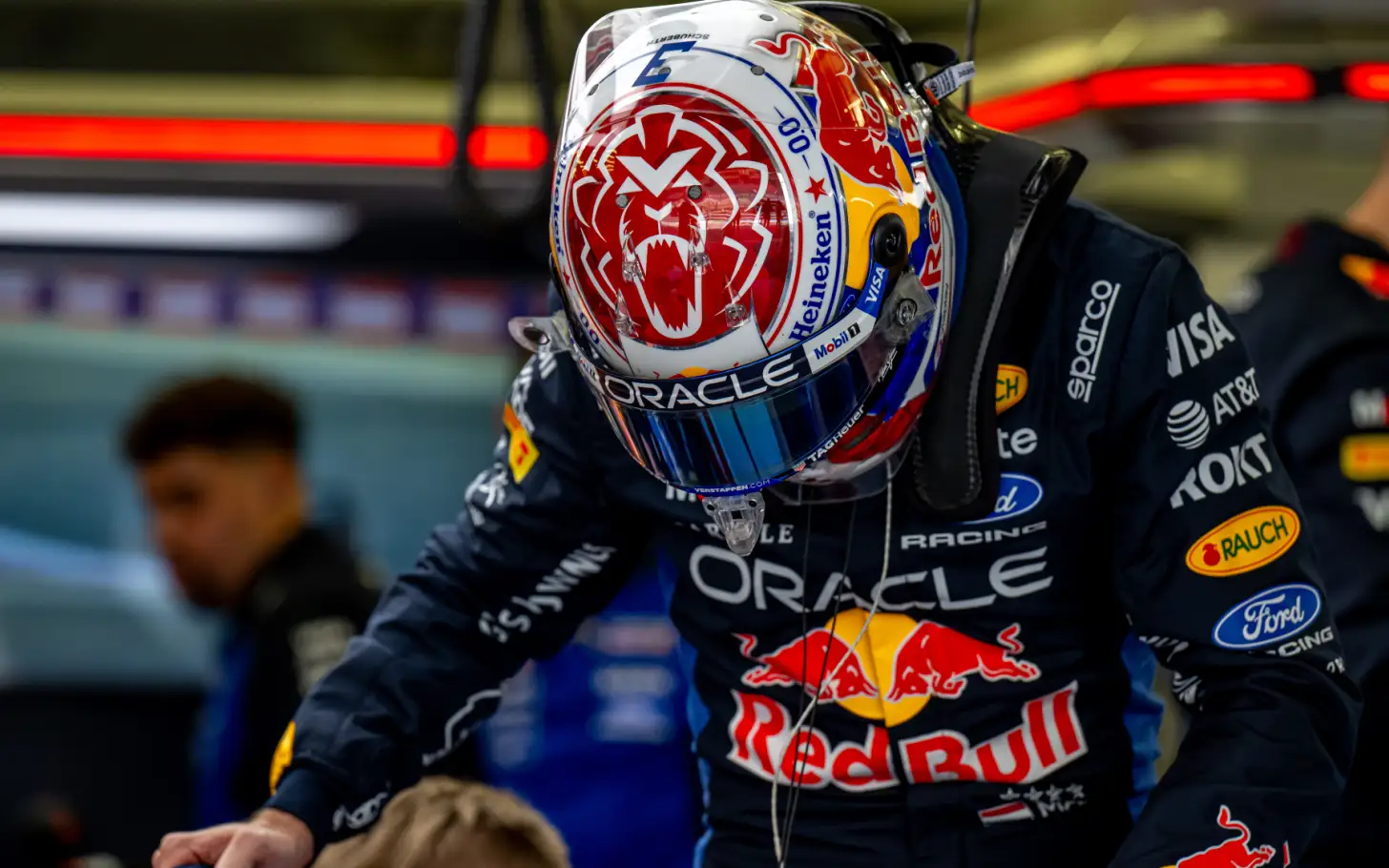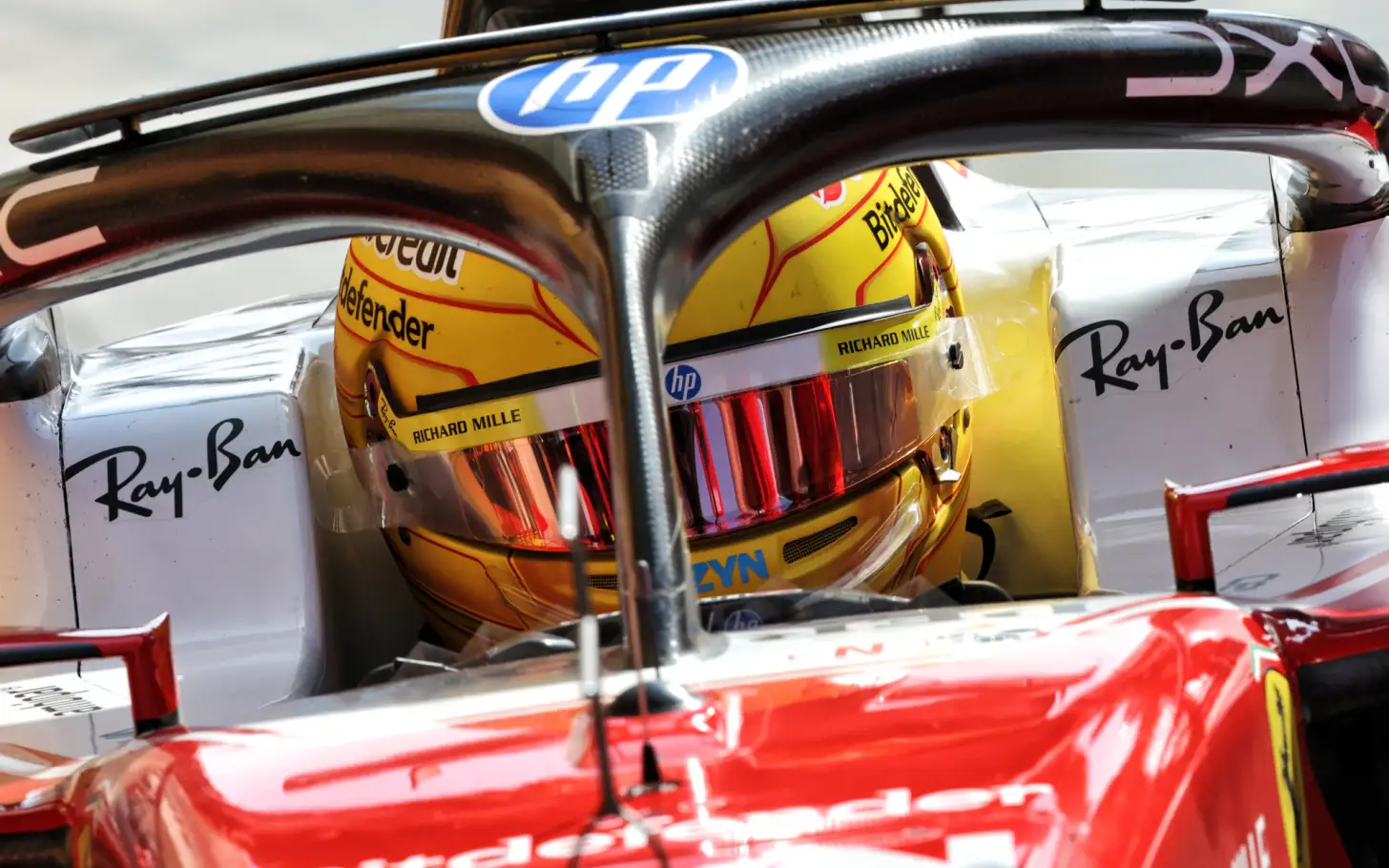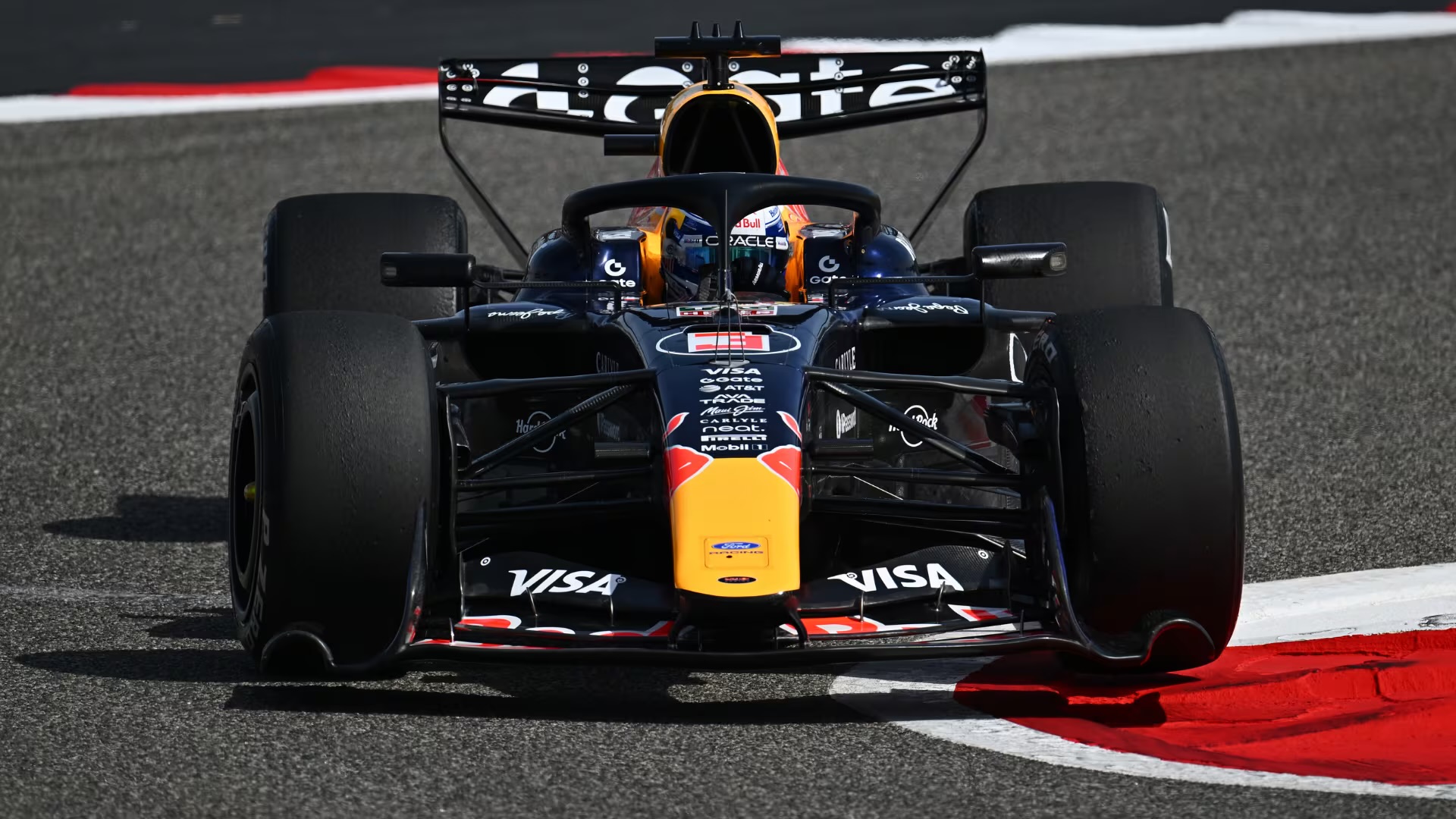F1 Responds to Freight Delay Chaos That Affected Red Bull and McLaren at Chinese Grand Prix
Formula 1 officials have taken action following major disruptions during the 2025 Chinese Grand Prix, where freight delays significantly impacted team operations and forced multiple squads, including Red Bull and McLaren, to break the sport’s strict curfew regulations. The issue led to a formal review and discussion by key figures in the sport, resulting in proposed changes that could help prevent similar disruptions in the future.
The problems unfolded ahead of the Shanghai weekend, when critical equipment and freight shipments were delayed. These delays left several teams scrambling to get their cars and garages ready in time for the first practice session. Red Bull, McLaren, Mercedes, and Aston Martin were all among the affected teams, and due to the logistical chaos, were forced to continue work on their setups beyond the designated curfew hours.
Curfew regulations in Formula 1 are designed to limit how late team personnel can work at the circuit during race weekends. Each team is only allowed to break this curfew a limited number of times per season — specifically, four times — before penalties may be enforced. However, due to the exceptional circumstances in Shanghai, the FIA decided that the curfew breaches in this instance would not count against the teams’ seasonal allowance. The governing body officially excused the violations, acknowledging that the teams had no realistic alternative due to the freight delays.
This disruption and its fallout were brought up during the second Formula 1 Commission meeting of 2025, which took place in Switzerland ahead of the Miami Grand Prix. The meeting was hosted at the FIA’s headquarters and chaired by Nikolas Tombazis, FIA’s single-seater director, alongside F1 President and CEO Stefano Domenicali. Team representatives, stakeholders, and senior officials discussed a range of issues, including adjustments to technical and sporting regulations and a review of operational hurdles that have arisen in the early part of the season.
Among the prominent topics on the agenda was the freight delay issue that plagued the Chinese GP. After in-depth discussion, the commission agreed that regulatory changes were needed to better support teams when racing at venues outside the traditional European stronghold of the sport. Specifically, a new mechanism is set to be introduced into the sporting regulations to address exceptional logistics-related delays. This framework would allow teams to avoid being unfairly penalized if delays in freight transportation — such as those experienced in China — prevent them from preparing their cars and garage setups within the mandated schedule.
The new regulatory mechanism would apply only to specific cases, particularly when races are held at long-haul destinations where freight is transported by air rather than overland. These locations often come with greater logistical challenges, especially when back-to-back races are involved or when calendar changes increase freight pressure.
As with all regulation changes proposed by the Commission, the updated freight-related provisions must be approved by the FIA World Motor Sport Council (WMSC) before they can be formally adopted into the ruleset. Once ratified, this measure could provide teams with an official safety net for future instances of unpredictable freight problems.
The Chinese Grand Prix was the first return to Shanghai since 2019, and its logistical complexities served as a reminder of the immense coordination required to stage a modern F1 race. With the calendar expanding and more long-haul events being added, including new stops in regions like Southeast Asia and the Middle East, the importance of robust freight systems and flexible regulatory provisions has become more pronounced.
Despite the setbacks in China, no penalties were handed out to any of the four teams affected. The FIA confirmed that the curfew violations would not count against the teams’ seasonal quota, offering a measure of relief and understanding in what was widely viewed as an unavoidable situation.
Going forward, the sport is aiming to strike a better balance between regulation enforcement and practical flexibility, particularly in cases where teams are hamstrung by events beyond their control. By introducing a more formal process to handle freight delays, F1 hopes to reduce unnecessary pressure on team personnel and maintain fairness across the grid.
As Formula 1 continues to grow globally and push into more geographically diverse markets, the governing bodies are clearly aware that logistical efficiency will be just as important as on-track performance. The proactive response to the Chinese GP chaos suggests that the sport is willing to learn and adapt quickly — a necessity in an ever-evolving championship.




